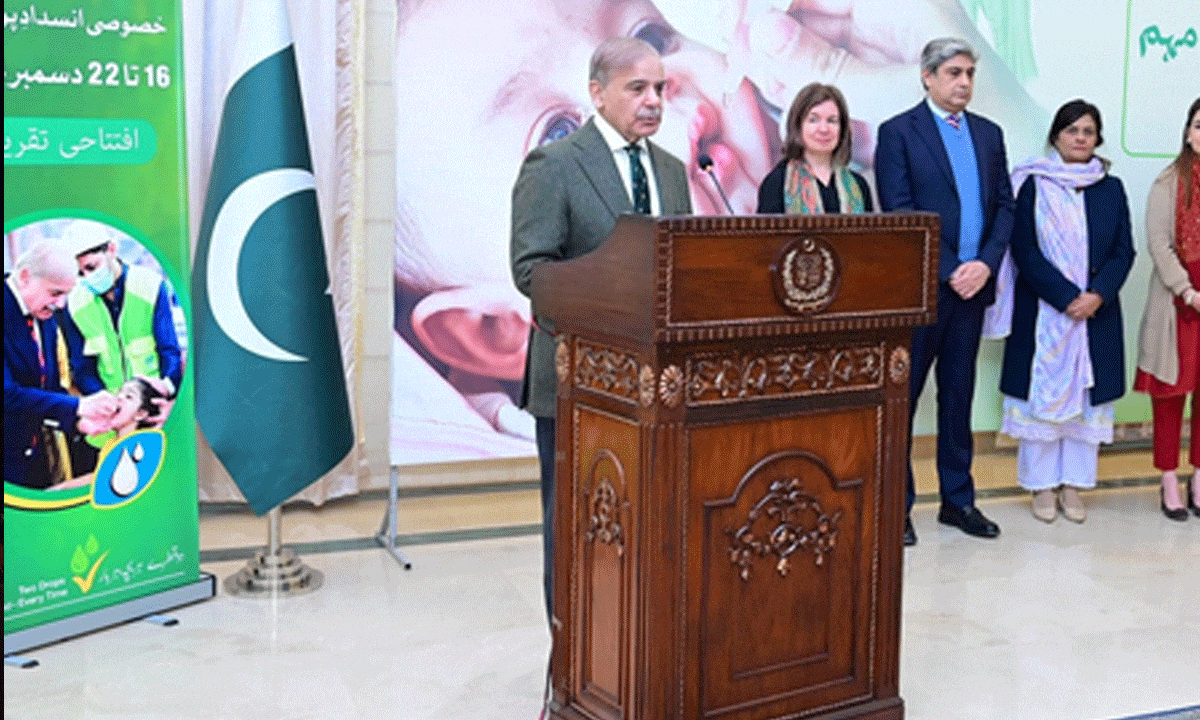Pakistan Reports 13th Polio Case of 2025 Amid Rising Alarm
Pakistan confirmed its 13th polio case of the year, involving an 18-month-old girl from Amakhel, District Tank, in South Khyber Pakhtunkhwa.

Islamabad: Pakistan confirmed its 13th polio case of the year, involving an 18-month-old girl from Amakhel, District Tank, in South Khyber Pakhtunkhwa. The case, confirmed by the Regional Reference Laboratory for Polio Eradication at NIH, Delhi, marks the seventh case in KP this year and has reignited concern over polio transmission in high-risk regions.
Table of Contents
Wild Poliovirus Detected in Sewage Across Multiple Provinces
Recent environmental surveillance revealed the presence of Wild Poliovirus Type 1 (WPV1) in sewage samples from numerous locations, including Gwadar, Quetta, Rawalpindi, Larkana, Mirpur Khas, South Waziristan, and Tank. These findings underscore persistent virus circulation in areas where vaccination coverage remains low.
Also Read: Muhammad Yunus Government Starts Probe into Three Disputed National Elections
Polio Vaccination Campaign Reaches Over 45 Million Children
In response, Pakistan’s Polio Eradication Programme launched three nationwide immunisation campaigns in 2025, reaching 45.4 million children under five years old, supported by over 400,000 frontline workers. Despite security concerns—including recent kidnappings and attacks on polio workers—the country persisted with aggressive outreach efforts.
Persistent Outbreaks Threaten Regional Elimination Goals
Pakistan remains one of only two countries where wild polio is still endemic, alongside neighbouring Afghanistan. Health officials have expressed grave concern over vaccine hesitancy and attacks on health workers, which continue to fuel polio’s resurgence. In April, two polio vaccinators were abducted in Dera Ismail Khan, highlighting the ongoing risks faced by public health personnel.
Urgent Call to Parents to Ensure Full Polio Vaccination
Health authorities reiterated that repeated polio drops are essential to building immunity and preventing further outbreaks. Parents and caregivers are strongly urged to immunise their children during every campaign, as any missed child can pose a risk to public health.
